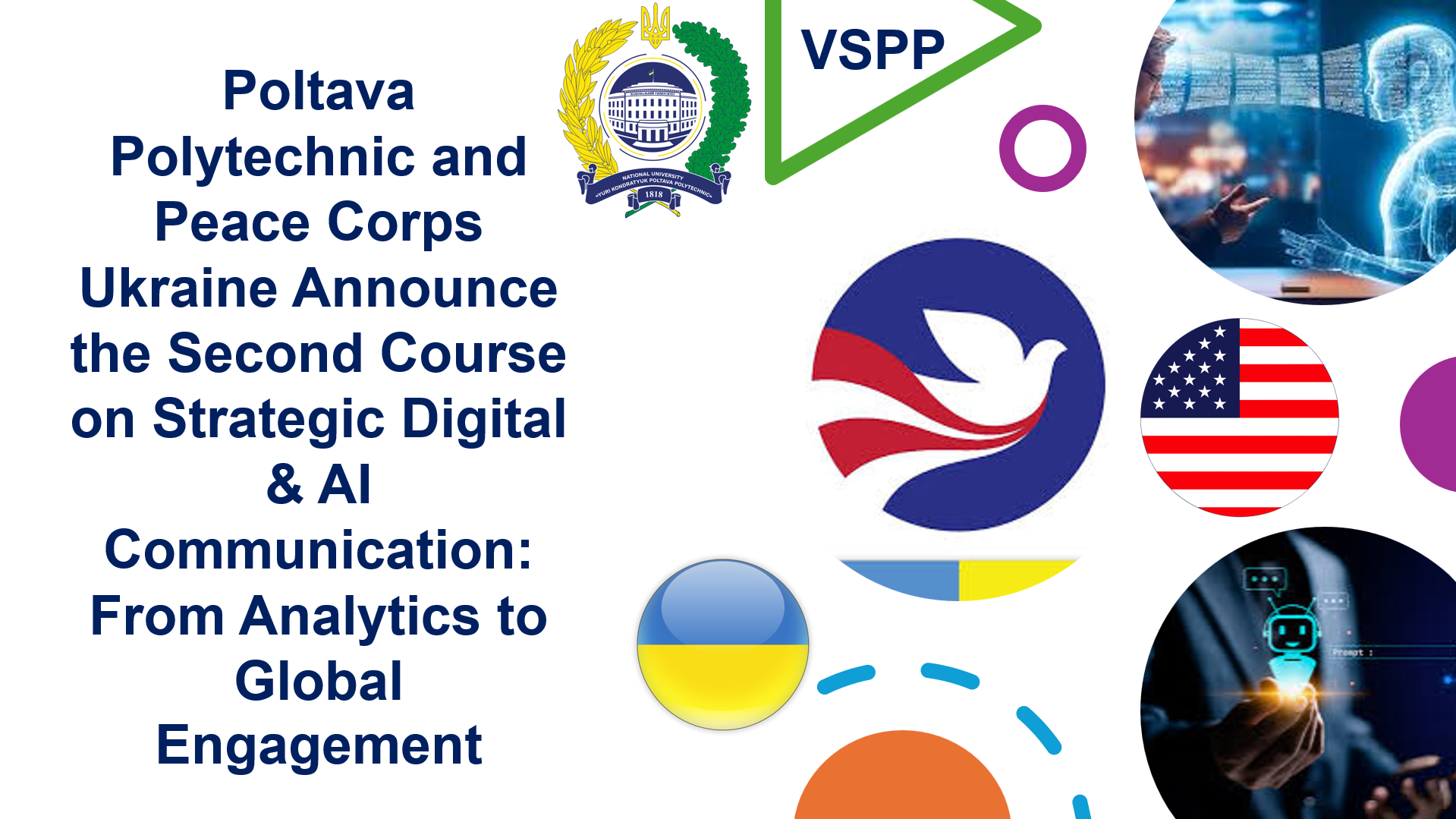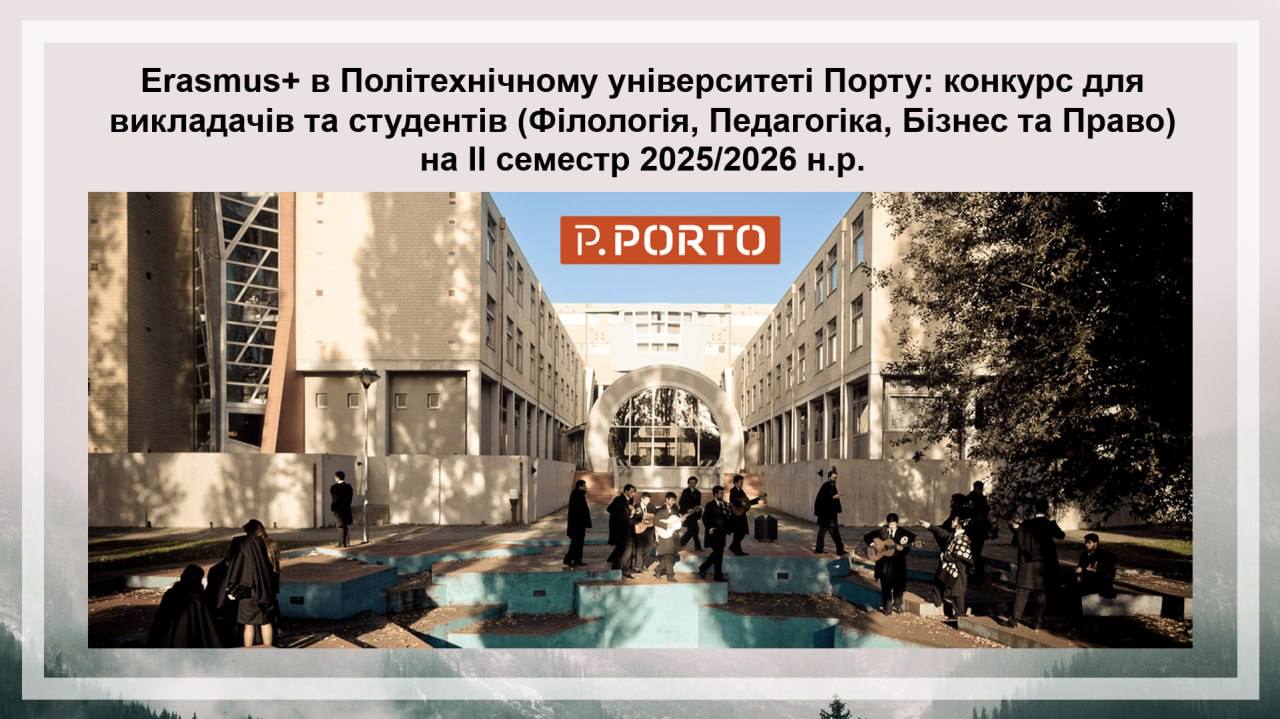During September-November 2022, the head of the Council of Young Scientists of the Faculty of Philology, Psychology and Pedagogy of the National University "Yuri Kondratyuk Poltava Polytechnic" – Candidate of Philological Sciences, Associate Professor of the Department of Germanic Philology and Translation, Anna Pavelieva, together with participants from different countries of the world, studied the features of submitting applications, writing projects, paperwork and conducting volunteer programs of the European Solidarity Corps (ESC) as part of the educational course "MOOC on the European Solidarity Corps", Part II. The scientist attended all webinars, successfully completed tasks on the platform and received certificates for completing the second part of the project. It is important to note the fact that the Poltava Polytechnic teacher became the only participant of both stages of the educational course from Ukraine.
_%D0%A1%D1%82%D1%80%D0%B0%D0%BD%D0%B8%D1%86%D0%B0_1.jpg)
_%D0%A1%D1%82%D1%80%D0%B0%D0%BD%D0%B8%D1%86%D0%B0_2.jpg)
During the second part of the course, the participants, together with the facilitators, worked out in detail the basics of preparation for submitting an application for participation in European Solidarity Corps projects from a certain organization and a separate team of young people. In particular, scientists considered the entire application process in stages – who is involved in the evaluation of the application and the process of decision-making as well as selection of project applications, what requirements are put forward to applicants, how to assess the readiness and ability of the organization to implement the Corps project, where to find the documents necessary for applying, manuals and recommendations, what stages must be completed in order to obtain the appropriate quality label. The course participants analyzed what types of "quality labels" are available; how and when to apply for them along with who and how will evaluate this application; what information needs to be provided and in what format; considered different types of volunteering within Solidarity Corps projects, methods and resources for mentoring and coaching, recommendations for improving volunteering practices, volunteering as youth support, etc.








A separate educational webinar was devoted to humanitarian aid, practical cases of humanitarian aid, finding partners and inspiring ideas for future humanitarian aid projects.










The course participants also took part in the webinar "Mentoring and Supporting Youth", during which Anna Yeghoyan, mentor of volunteers providing humanitarian aid at the Gyumri Youth Initiative Center (Armenia) and youth project trainer and facilitator Nerijus Kriaučiūnas, spoke about mentoring support for volunteering and humanitarian aid volunteers.




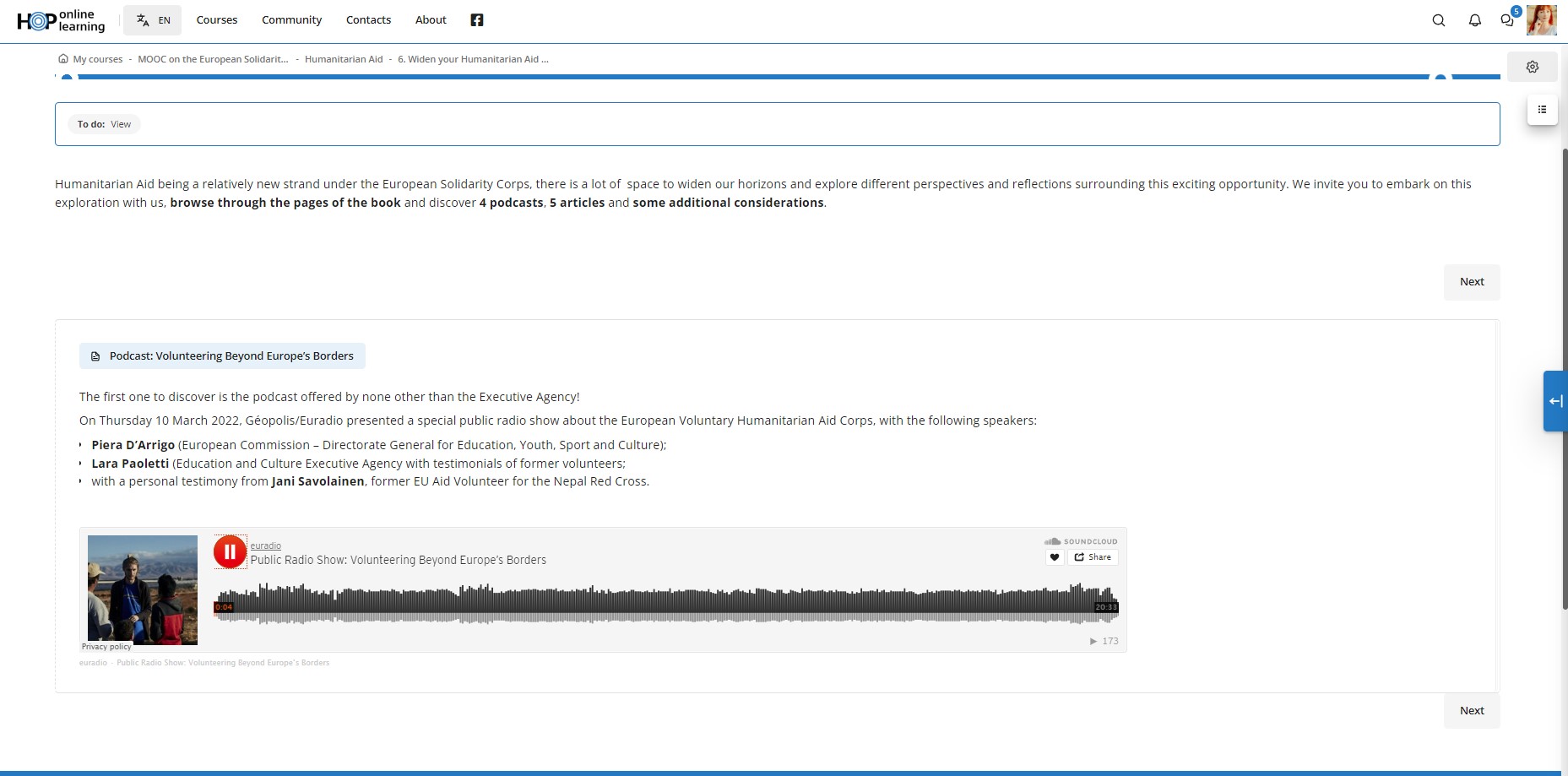







In general, the international program "European Solidarity Corps" provides an opportunity for all young people aged 17 to 30 to do international volunteering in organizations or state authorities in Europe, Great Britain, Albania, Georgia, Iceland, Turkey and 23 other countries participating in the programme – Africa, Asia or South America for 2-12 months. For its participants, this is a unique opportunity to gain practical work experience, get to know local residents, their culture, traditions, immerse themselves in a new language environment, which will allow them to improve their foreign language skills and soft skills. At the end of the project, participants are given a certificate confirming completion of the European Solidarity Corps programme.



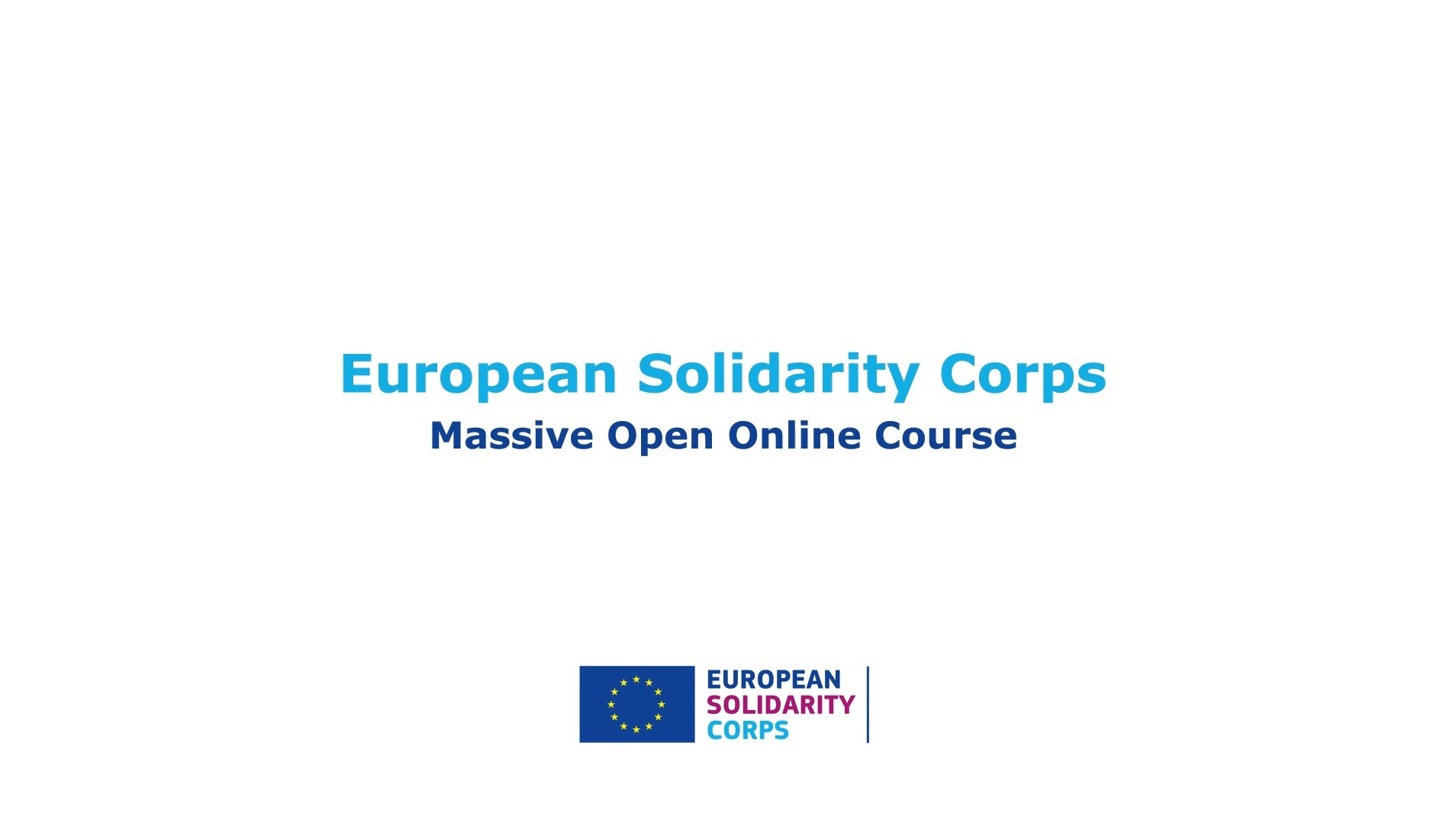
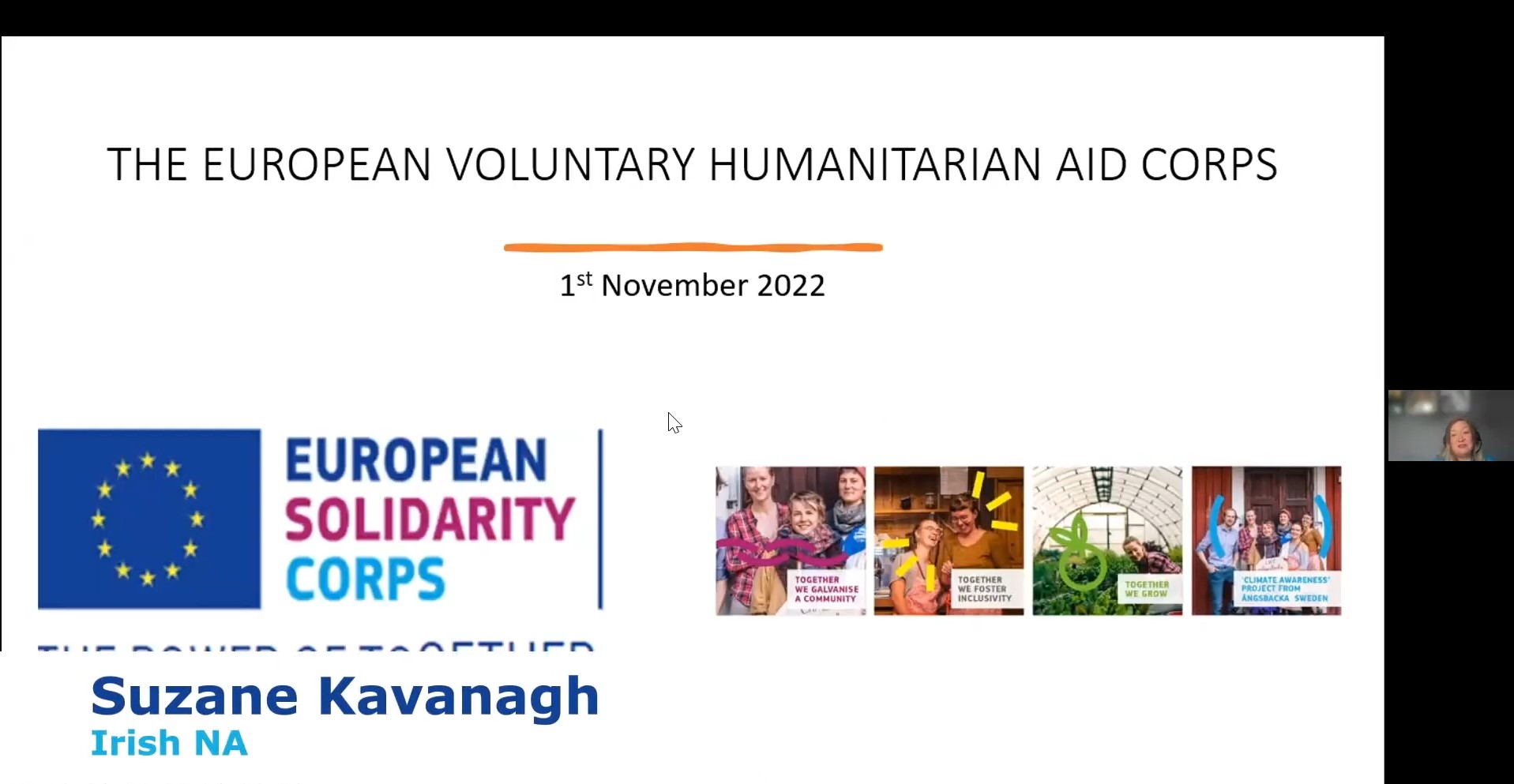
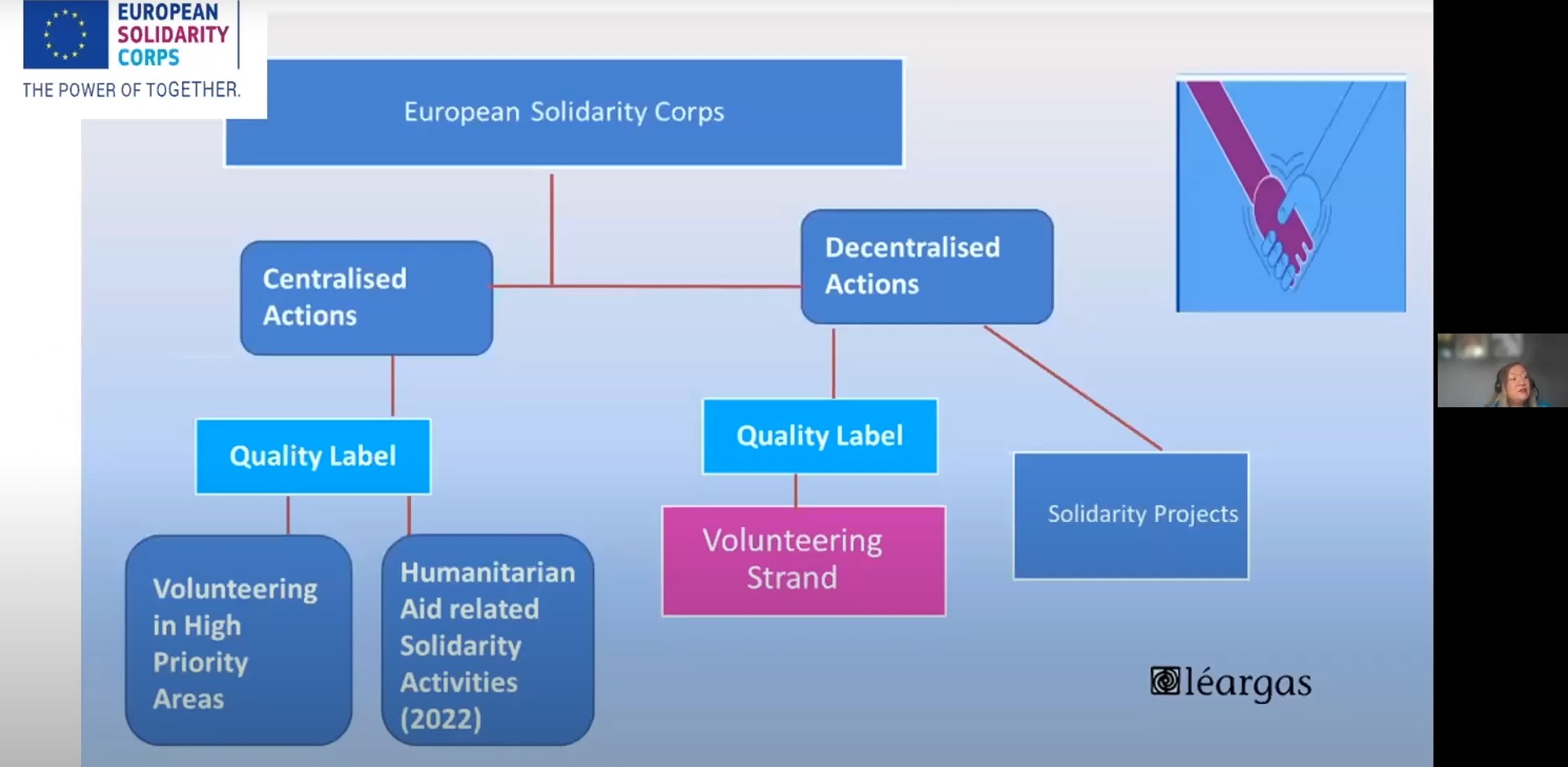
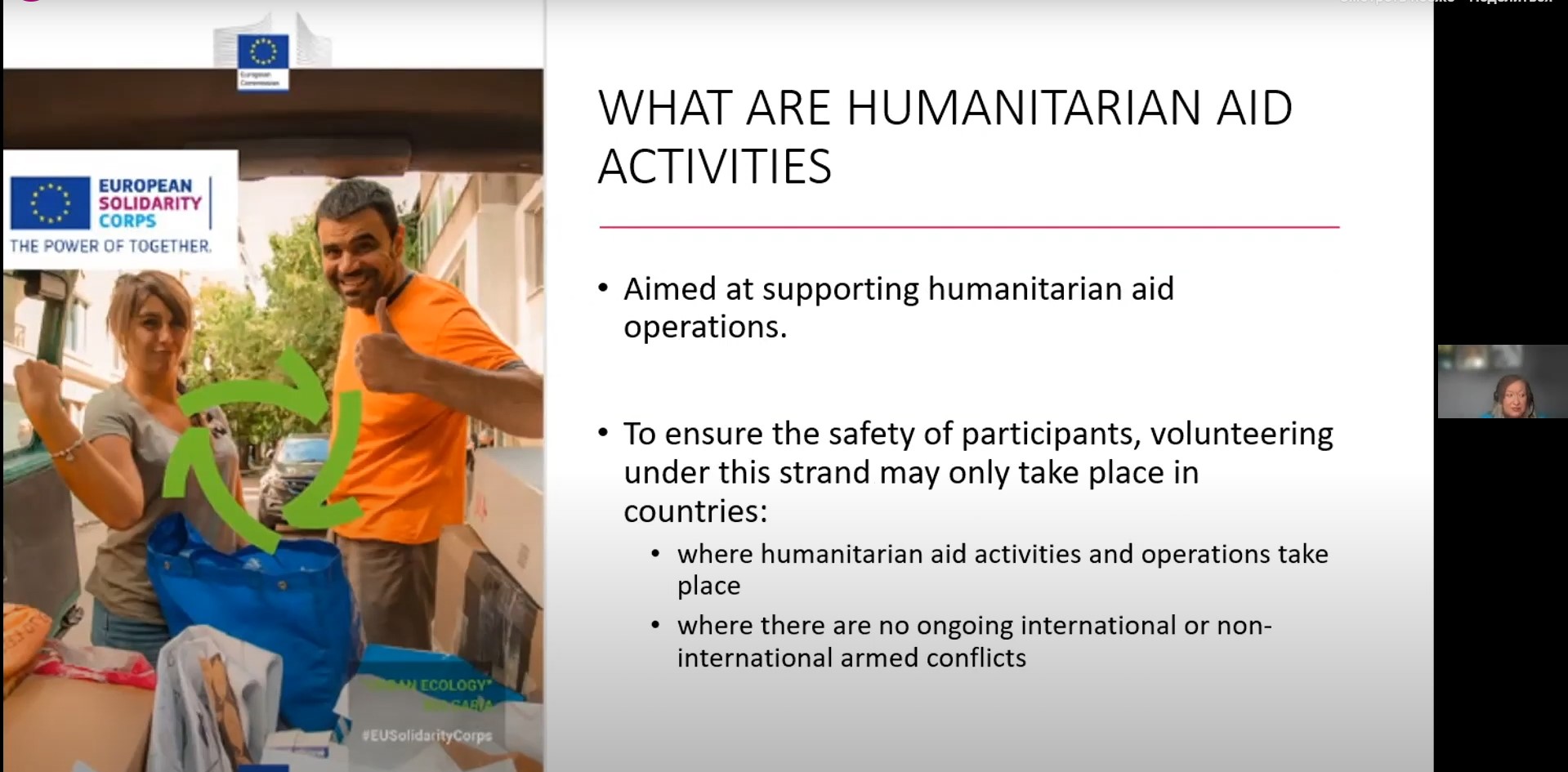
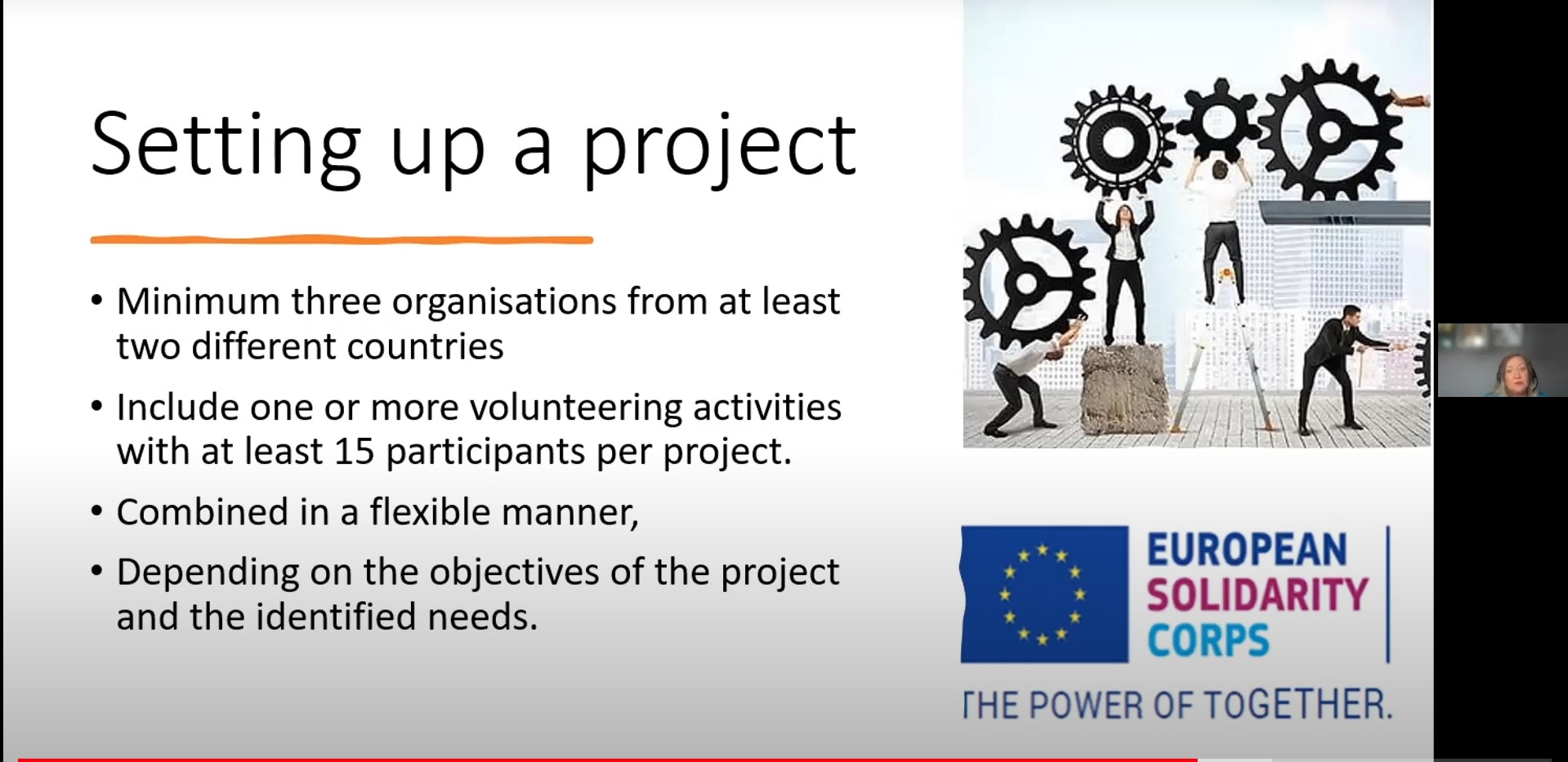
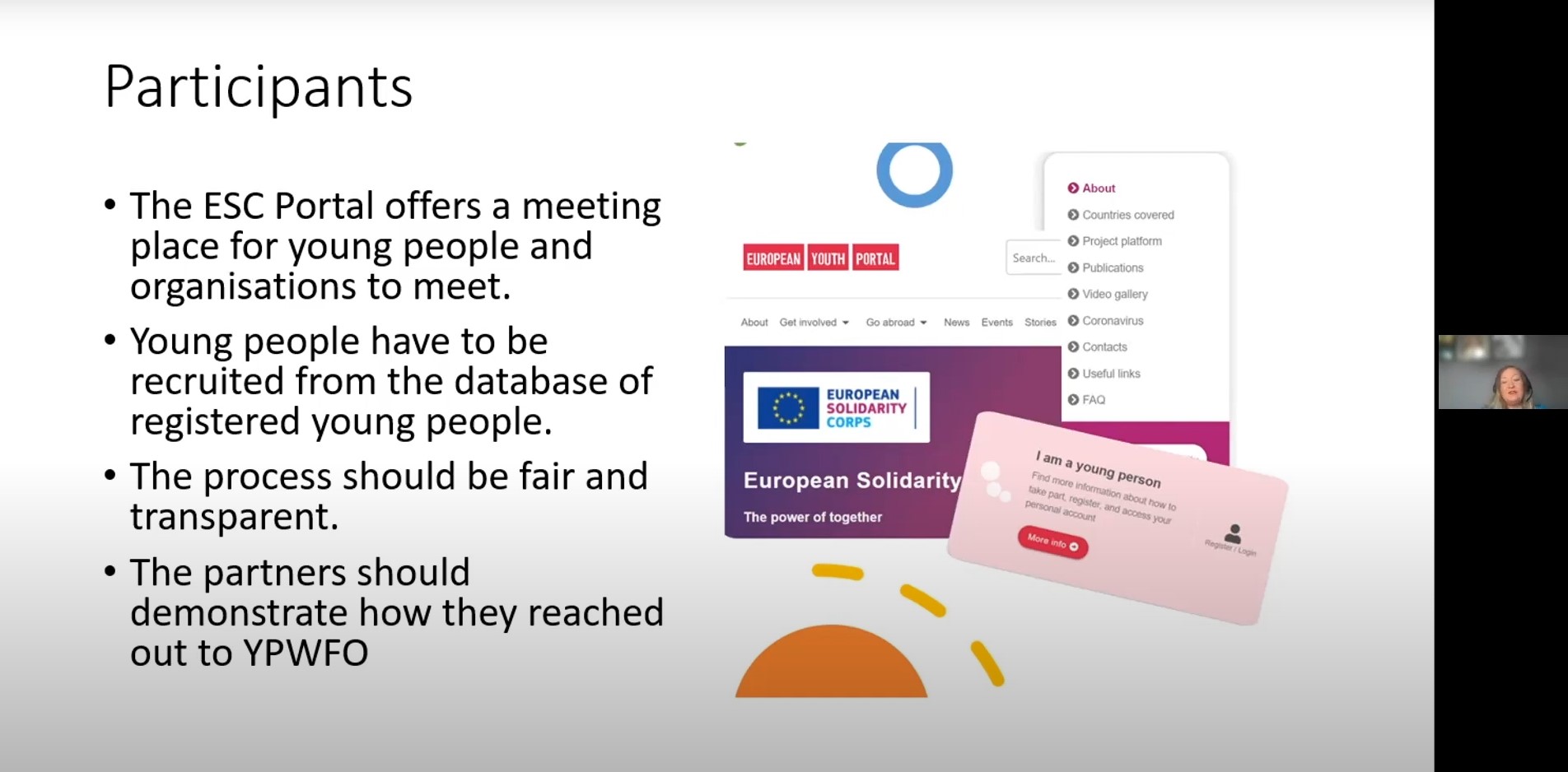
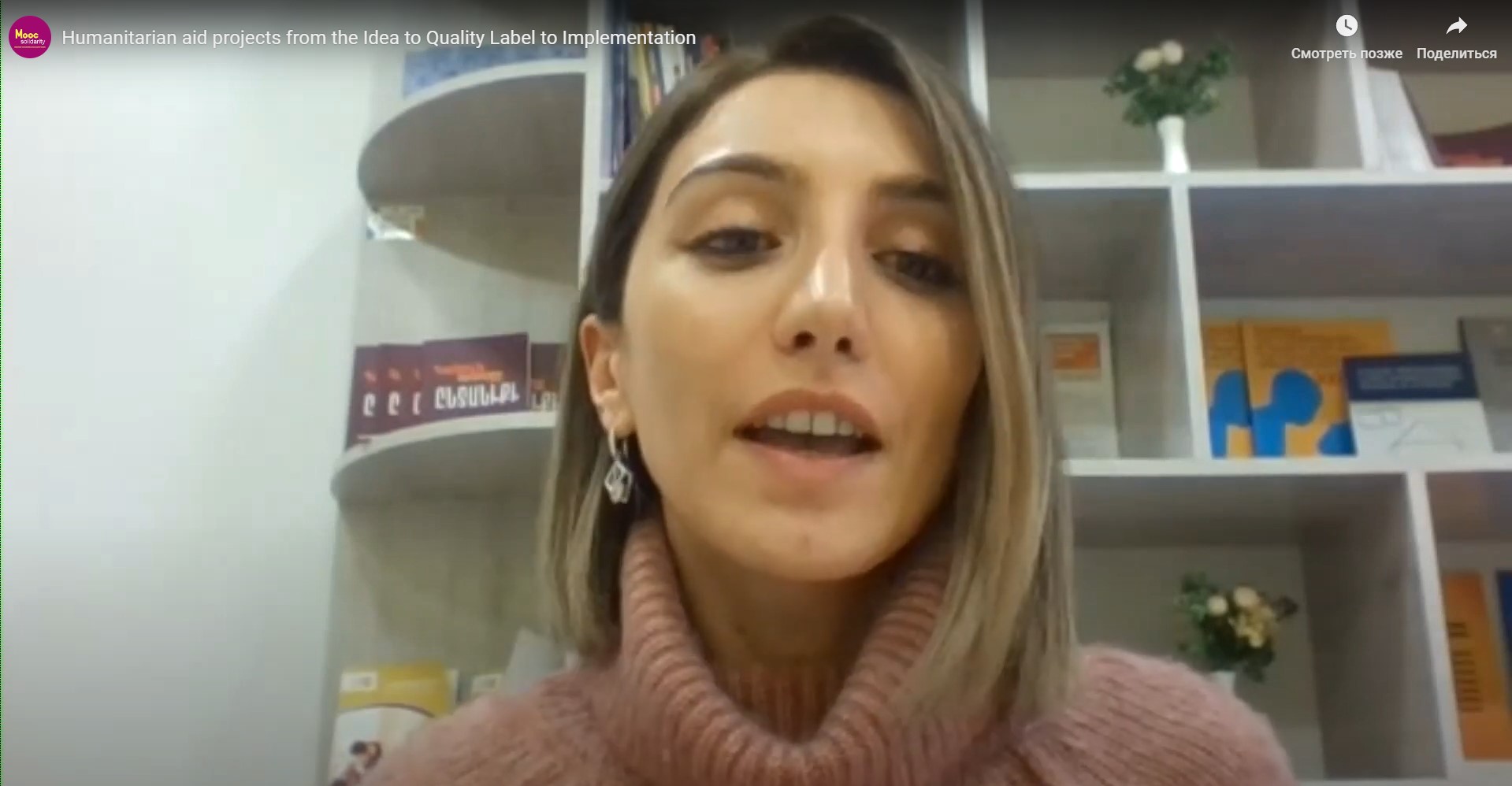
You independently choose one of 10 areas, including inclusion, prevention of natural disasters, integration of refugees and migrants, environmental protection, culture, sports. The program funds travel, accommodation, language learning and pocket expenses. This is one of the thousands of EU opportunities for Ukraine. Learn more.
Financing:
The participant is provided with housing, meals, and all transportation and insurance costs during their stay abroad are covered.
Format of participation:
Individual:
- can last from 2 months to 12 months;
- lasts full-time work (from 30 to 38 hours per week);
- allows one to contribute to the day-to-day work of an organization that actively benefits the local community;
- in some cases, one can participate for a shorter period (from 2 weeks to 2 months) – for example, for participants with fewer opportunities or disabilities.
Team:
- can last from 2 weeks to 2 months;
- lasts full-time work (from 30 to 38 hours per week);
- one works as a volunteer with people from at least 2 different countries;
- the group consists of 10-40 volunteers;
- usually located abroad, but can be in participant’s country.
Selection criteria
- level of English B2. The certificate confirming the level of proficiency is not mandatory.
Search for volunteering opportunities by following the link:
https://europa.eu/youth/go-abroad/volunteering/opportunities_en, salto-youth.net/, t.me/tviyprostir, t.me/studwaydiem.
It should be recalled that the Polytechnic scientist previously studied the possibilities and advantages of volunteer programs of the European Solidarity Corps within the framework of the first part of the Erasmus+ course "MOOC on the European Solidarity Corps", future skills needed by educators and scientists, underwent training on the digital transformation of youth organizations, increased economic literacy and knowledge of labor legislation, studied international experience and best practices in waste recycling, improved practical skills in public speech presentation, took part in the Erasmus+ project in Turkey and studied media literacy in Leipzig.
Media Center of
National University “Yuri Kondratyuk Poltava Polytechnic”

